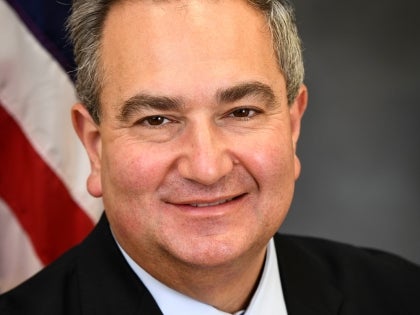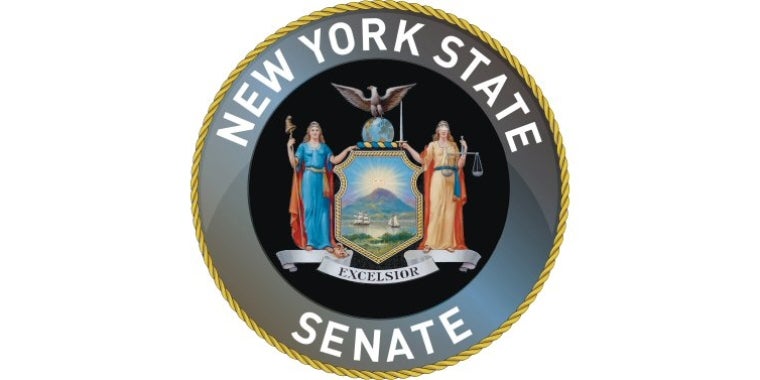
Senator Borrello and Assemblyman Goodell Offer Complement to Restarting New York Plan
April 30, 2020

ALBANY, NY – As a follow-up to their “Restarting New York” plan that provoked conversation statewide about the merits of a regionally-based approach to reopening the state’s economy, Senator George Borrello and Assemblyman Andy Goodell today released its complement, a schedule for reopening business sectors based on their inherent risk levels and the ability to mitigate those risks. They have forwarded the plan to Lieutenant Governor Kathy Hochul who is leading reopening efforts in Western New York.
“As New York State enters its sixth week of New York on PAUSE, we are encouraged at the decreases in COVID-19 infection rates and hospitalizations that are occurring. These improvements have been achieved through the vigilance and great sacrifice of New Yorkers from one end of our state to the other. Together, we are preparing to face the next challenge of this chapter, which is reopening our economy safely and sustainably through a strategy that balances regional readiness with business sector risk,” said Senator Borrello. “We have had positive conversations with Lt. Governor Kathy Hochul about our strategy and stand ready to offer any assistance as she leads reopening efforts.”
The plan provides a detailed breakdown of lower and higher risk business sectors, through analysis of the workplace setting and occupational characteristics and the ease of adapting safety protocols to these environments and activities. Sectors and settings identified as “lower risk” include manufacturing, construction, retail, low-density administrative and sole proprietor small businesses, among others. Sectors identified as “higher risk” include entertainment, adult day care services, high-density settings and mass transit. The plan stresses that regional and individual business plans should include all safety measures to reduce the risk as much as possible.
The strategy acknowledges that church services, weddings and other religious activities can have higher inherent risks because of the density of their activities, but notes that these activities enjoy special constitutional protections under the First Amendment, and, as such, should be allowed as soon as possible with reasonable safety protocols.
“With our economy deteriorating more rapidly with each passing day, it is imperative that we move quickly with a well thought out plan that prioritizes the health and safety of both workers and the public while restarting vital segments of our economy. Evaluating risk level by business sector and occupation is just as important as by region and this analysis can provide valuable guidance,” said Assemblyman Andy Goodell. “Essentially, the restart of the economy should be in the reverse of the initial shutdown, with lowest risk businesses leading the reopening and gradually moving towards higher risk sectors such as hospitality and entertainment venues.”
While expressing support for the Governor’s Un-PAUSE NY plan, they recommend two changes to the 12-point system for evaluating when a region should restart. The changes include:
- adjusting the recommendation regarding hospital rates, which under the Governor’s plan must show a 14-day decline. Senator Borrello and Assemblyman Goodell suggest that hospital rates could be “stable or declining” for 14 days without compromising safety or hospital capacity.
- modifying the contact tracing capacity from the current “30 tracers for every 100,000 residents” to “30 tracers per 100,000 residents or at least two contact tracers for every confirmed active case,” whichever is less. They note that under the current guideline, a county the size of Rockland with 311,000 residents and with 11,453 confirmed cases would have just one tracer for every 123 cases, yet the same formula in Chautauqua County, with four active cases, would result in 7.5 tracers for every active case.
Senator Borrello concluded: “We are encouraged at the support and discussion that our ‘Restarting New York’ plan generated and, how quickly our partners in government coalesced around a regionally-based approach. This business sector risk analysis builds on that initial plan and provides decisionmakers with a roadmap on how to move forward.”
###
Share this Article or Press Release
Newsroom
Go to Newsroom
